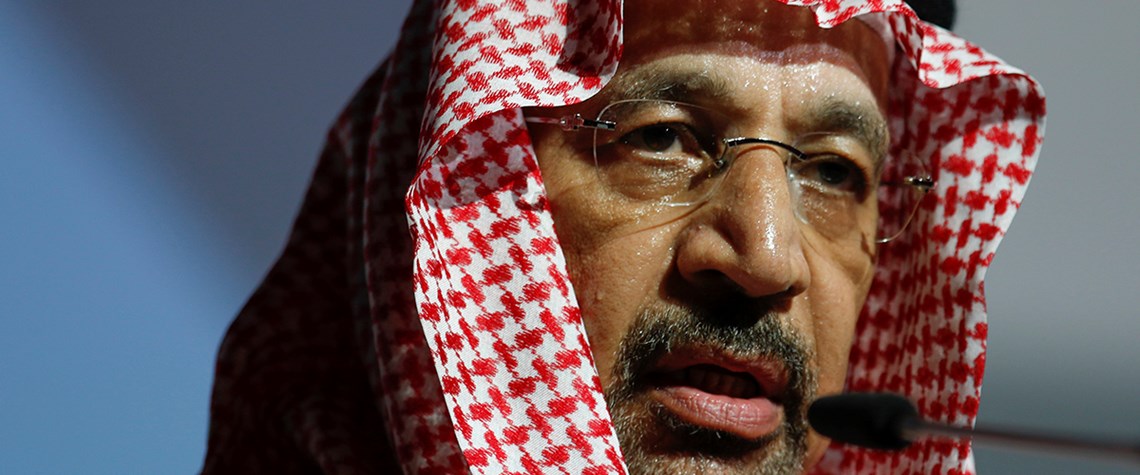Opec and non-Opec agree a rollover, with caveats
Cuts extended to end-2018, but with a built-in escape hatch—and an implicit threat to other producers
Saudi Arabia got what it came for in Vienna on 30 November—a nine-month extension to the cuts that would otherwise have expired in Q2 2018. It forced Libya and Nigeria to accept a cap on output. The revised deal will start from 1 January 2018 and remains a total removal of 1.8m b/d of supply from Opec and non-Opec. It secures Moscow's cooperation again, dispelling for another few months the doubts that had surfaced about Russia's commitment. "Supply is going to be fully adhered to," said Saudi oil minister Khalid al-Falih in the press conference after the meeting. "We won't expect the surprises, as we saw in 2017." Asked if the kingdom would be prepared to cut more deeply in 2018 to speed th

Also in this section
27 February 2026
The 25th WPC Energy Congress to take place in tandem as part of a coordinated week of high-level ministerial, institutional and industry engagements
26 February 2026
OPEC, upstream investors and refiners all face strategic shifts now the Asian behemoth is no longer the main engine of global oil demand growth
25 February 2026
Tech giants rather than oil majors could soon upend hydrocarbon markets, starting with North America
25 February 2026
Capex is concentrated in gas processing and LNG in the US, while in Canada the reverse is true







